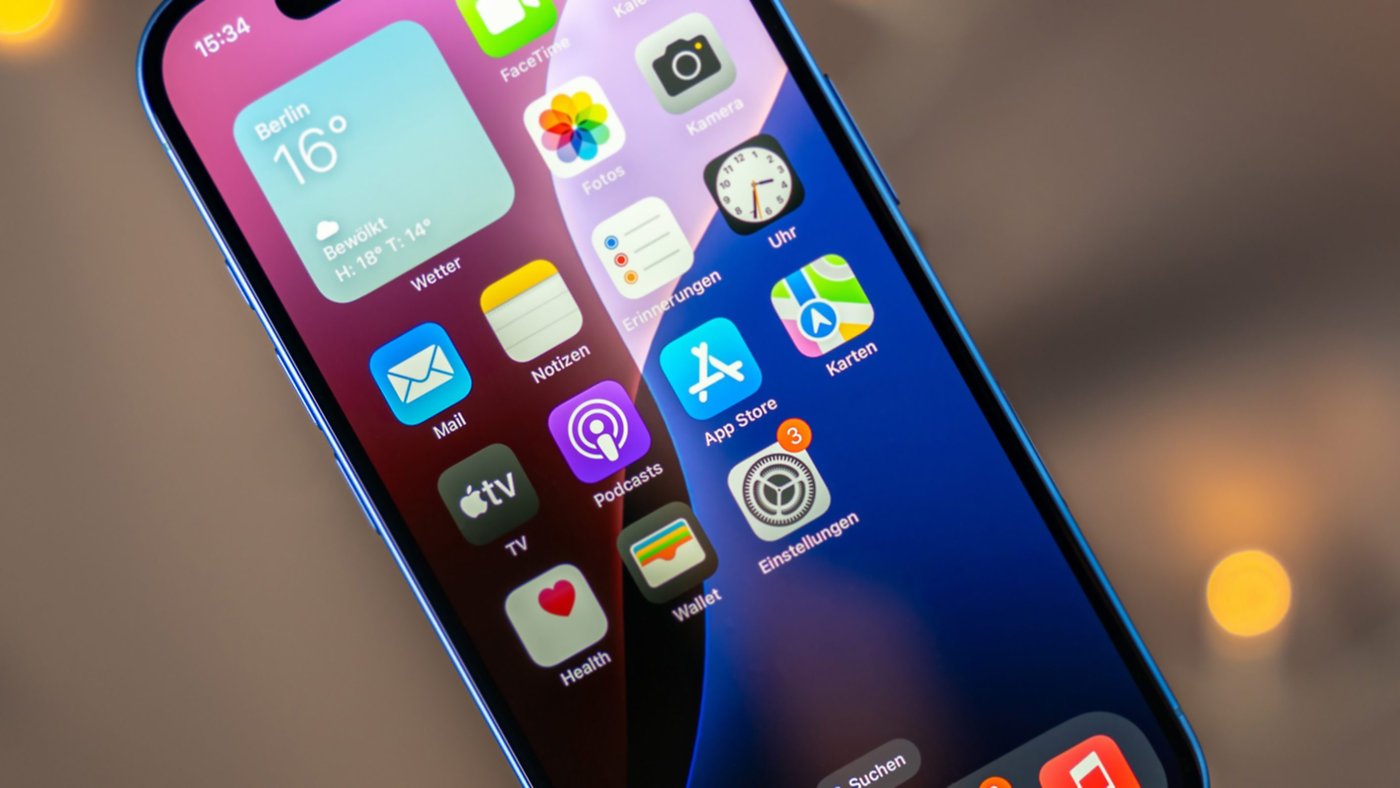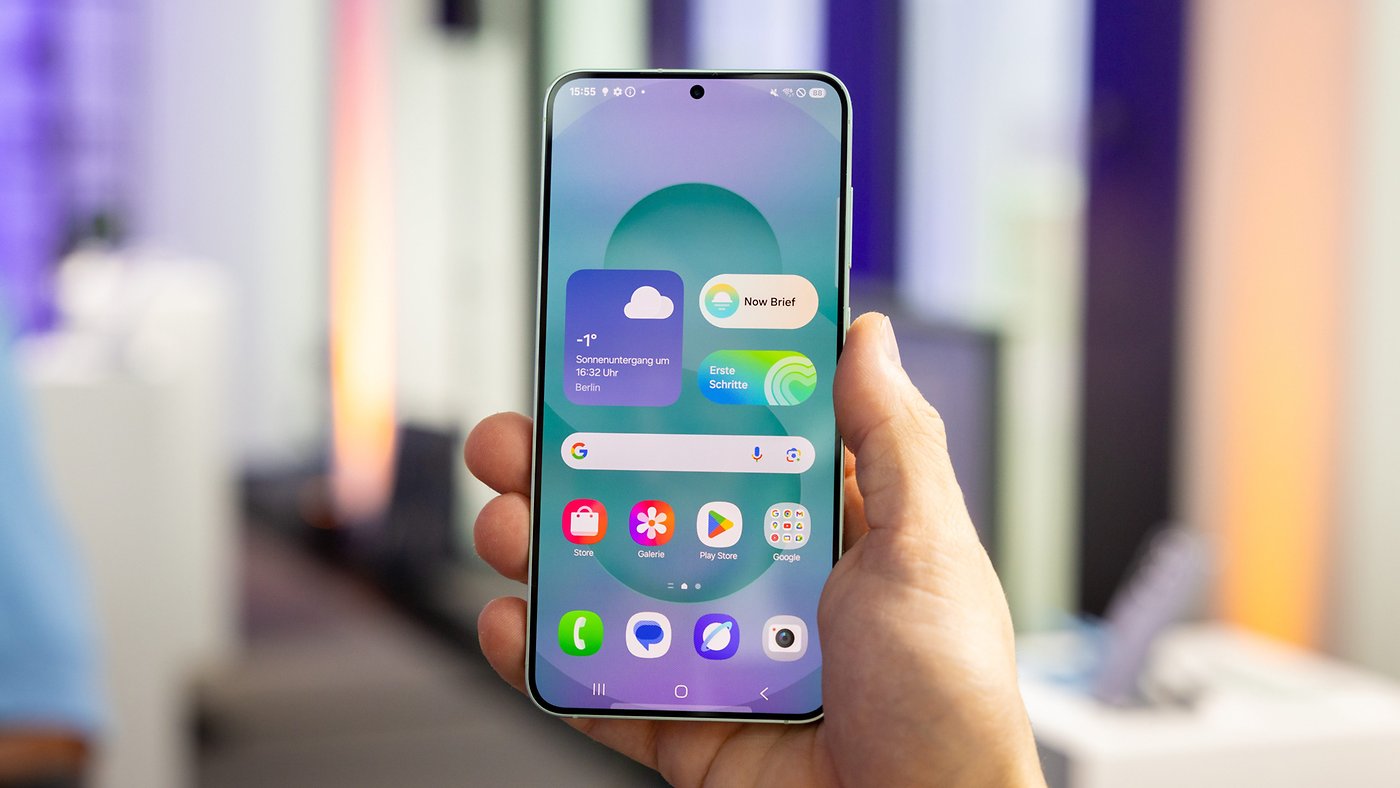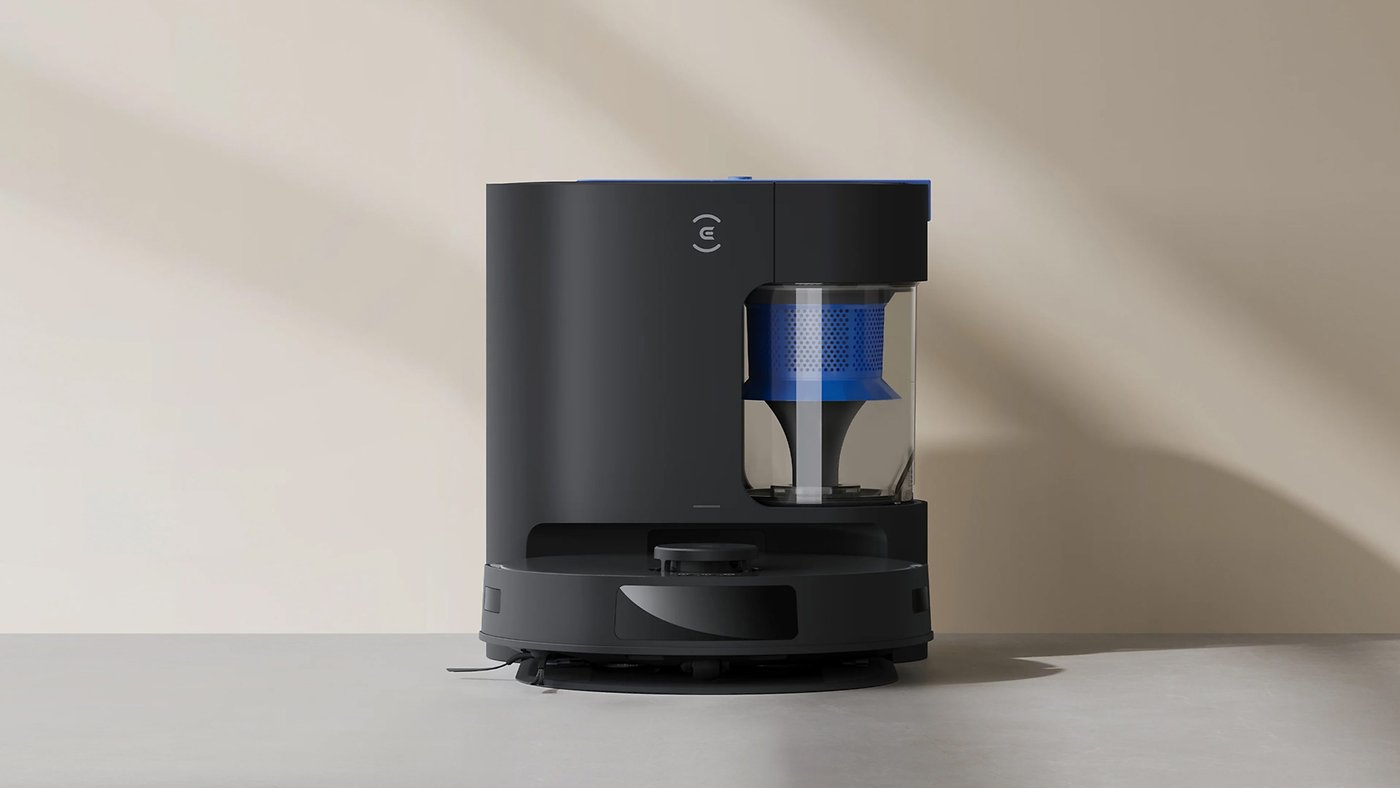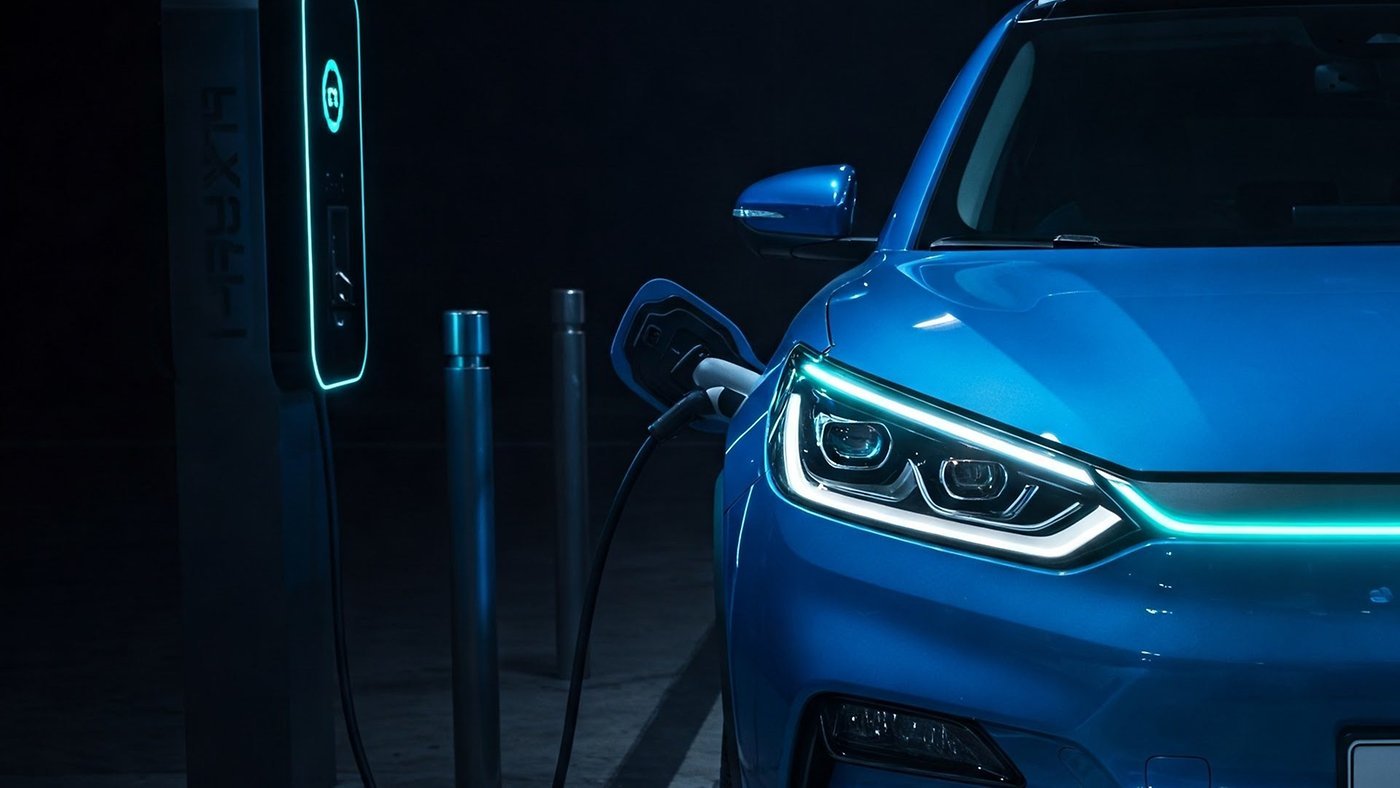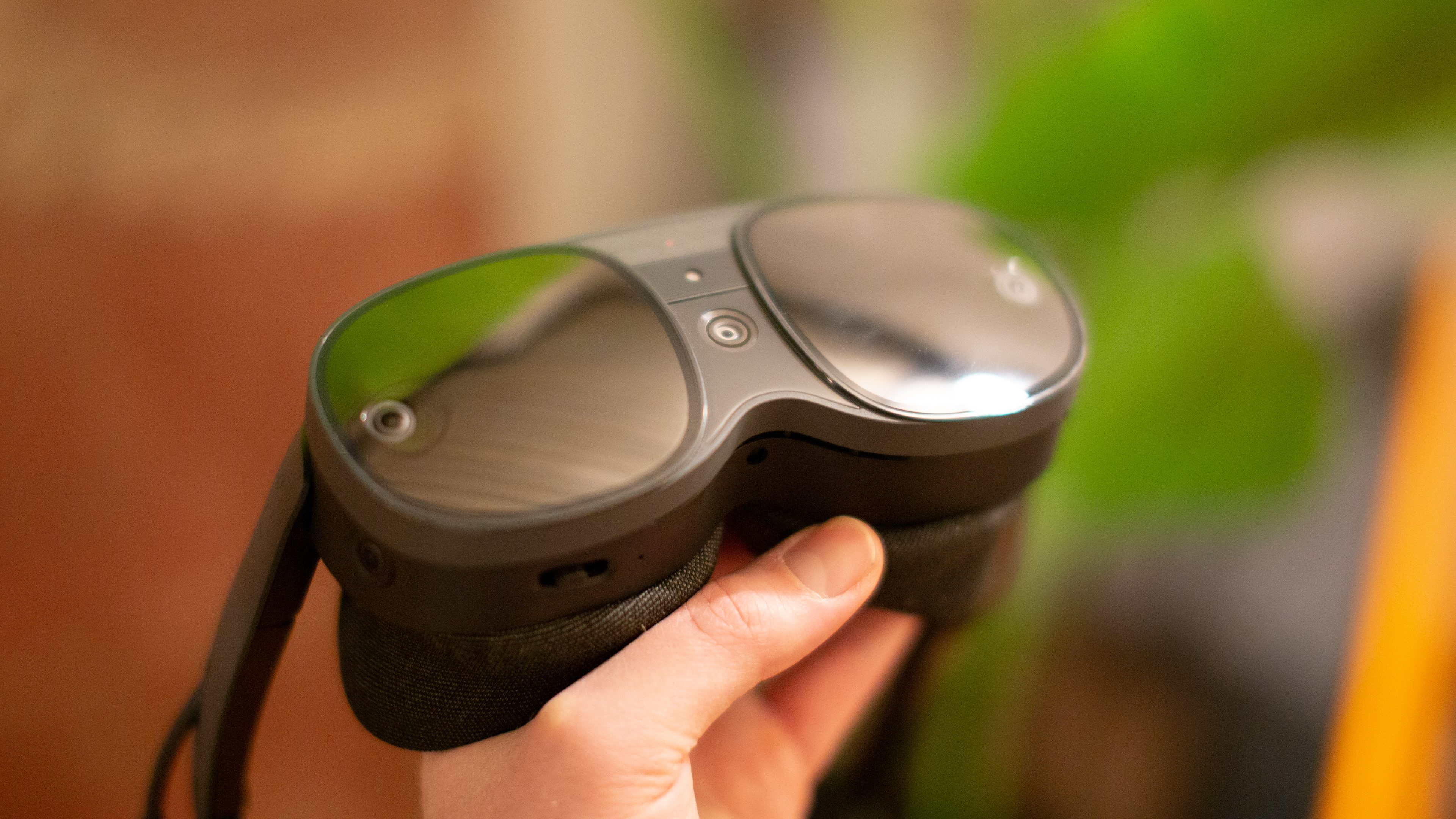
Google is one of the pioneers that brought AR glasses to consumers through its Google Glass that was launched in 2013. Since then, the glasses only received an iteration called the Glass Enterprise Edition before it was eventually discontinued this year. While Google was tipped to be working on its next-gen glasses or Glass 2.0 under Project Iris, it is now reported the company is cancelling the hardware development of its wearable.
Earlier in 2022, it was speculated that Google has been working on Project Iris involving a head-mounted display that is comparable to the likes of Apple’s Vision Pro and Meta Quest Pro (review). But in the same year at the I/O conference, more clues suggested that the device was rather in the form of spectacles or eyeglasses.
In July of that year, Google even presented unnamed smart glasses alongside the device’s live translation capability. It was also believed the pair were one of the engineering units of the next-gen Google Glass successor. The following months saw the Mountain View firm further testing other AR features on an actual Glass Enterprise Edition fitted with the Tensor chipset.
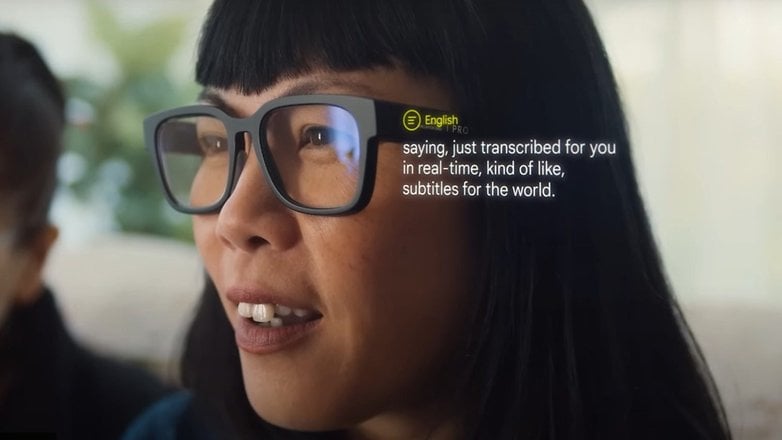
Google’s Glass 2.0 is out, Samsung Galaxy XR is in
Fast-forward to the present day, Business Insider has published a fresh report detailing that the company is entirely scrapping its hardware plan and subsequently putting Project Iris into the trash bin. The outlet added that Google is rather shifting its focus to developing its Android-based XR platform (extended reality), which is seen to be licensed to OEMs or original equipment manufacturers like Samsung.
Although the move has surprised many fans and pundits, it was already indicated earlier when Google partnered with Samsung and Qualcomm for the upcoming Galaxy-branded XR headset. Additionally, it was tipped by the same outlet that Google is also open to supporting standard glasses form factors through a lighter version of its XR platform called micro XR.
Presently, there are still no words on when we can see the first Android-powered headset or glasses. However, Samsung confirmed that we could be seeing its Galaxy XR device in the near future, which would likely mean as early as 2024 when the Apple Vision Pro will be released to the public.
What do you think of Google’s plan? Will it be better for them to just focus on improving the XR platform? We’d like to hear your thoughts on this.



